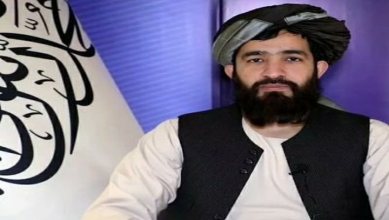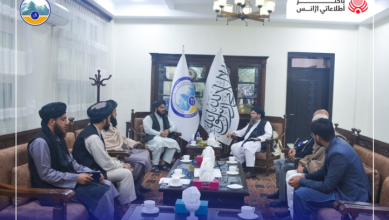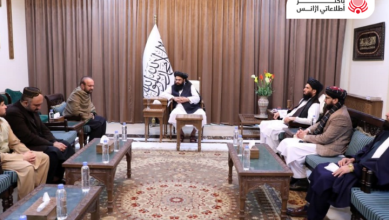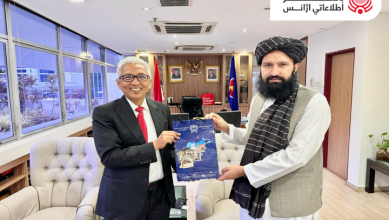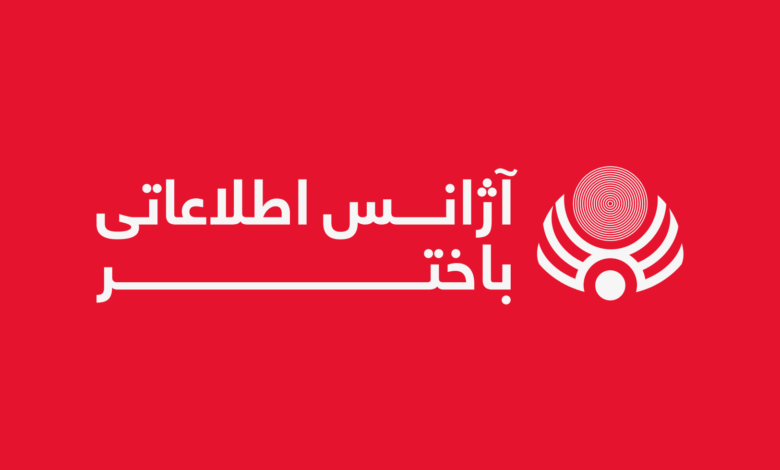
Friday, December 14, 2012
Kabul (BNA)
Mr. President,
Mr. Chairperson,
Secretary General, Ladies and Gentlemen,
It is an honour for me to be joining you all here today at the 19th Meeting of the OSCE Ministerial Council. I wish to start by thanking our Irish friends for the warm hospitality they’ve extended to me and my delegation, and its excellent leadership of the OSCE over the past twelve months. I also want to congratulate Mongolia on becoming an OSCE participant state. And, I want to offer sincere thanks to all distinguished speakers here yesterday and today for their expressions of support to Afghanistan.
Please allow me to take a moment to strongly condemn the suicide terrorist attack against Afghanistan’s director of national security, Mr. Assadullah Khaled, yesterday in Kabul. This was an attack by the enemies of peace, security and democracy in Afghanistan. We will not be deterred by such cowardly acts.
Mr. Chairperson,
As we assume full ownership and responsibilities in all areas in Afghanistan, we’re approaching the end of a significant chapter in our historic partnership with the international community.
Over the past decade, we’ve realized truly major achievements – from establishing a proud young democracy, building an education system that today allows more than eight million children to attend schools and tens of thousands to study at universities and colleges across the country, where the region’s freest media continues to thrive, where we have a vibrant civil society and where women are playing an increasingly visible and important role in all sectors of Afghan society and are offered more economic and social opportunities than at anytime in the past.
We’ve also made strides in rebuilding our national institutions, including our national security forces. Today more than 75 percent of the Afghan population’s security is provided by Afghan soldiers and police officers. And, as President Karzai announces the next phase of transition, Afghan security forces will start assuming direct responsibility for the security and defense of our people in some of the most challenging areas of the country.
Mr. Chairperson,
At the same time as we are taking charge of our own affairs, we remain grateful to the strong expression and solid commitments of concrete, long-term assistance and support from the international community. Over the past year, we’ve held a number of key international meetings on Afghanistan. The international conference on Afghanistan in Bonn, Germany exactly a year ago reiterated the international community’s strong, long-term political commitment to a peaceful, democratic, developing Afghanistan.
The NATO Summit in Chicago in May this year, where many of the countries around this room expressed their solidarity and support to Afghanistan, firmed up a commitment of $4.1 billion annual assistance for the funding, training, and equipping of Afghan national security forces during the Transformation Decade of 2015 to 2024.
Working with the international community, we want to make sure that this assistance is spent in an accountable, transparent, effective and efficient manner, and that it helps develop additional capacity in our state institutions.
Another event of great importance to our people was the Tokyo Conference in July, where the international community once again renewed its commitment for Afghanistan’s sustainable economic development during the Transformation Decade on the basis of mutual accountability between Afghanistan and the international community.
Mr. Chairperson,
In the last two years, we have buttressed the transition process by entering into long-term strategic partnerships with the international community, and initiating efforts to build confidence and seek new forms of result-oriented cooperation with our neighbours and the wider region. During the past one year, we signed key long-term strategic partnerships with India, the United States, Germany, Australia, Italy, the United Kingdom and France. We’ve concluded or currently negotiating similar partnerships with Norway, the European Union, Turkey, Denmark, Finland, Poland and the United Arab Emirates. I am also happy to report that on November 15, we started our official negotiations with the United States on a Bilateral Security Agreement in Kabul. While respecting Afghan national sovereignty, this agreement will determine future defense cooperation between our two countries, including the possible presence of US military personnel in Afghanistan beyond 2014.
Mr. Chairperson,
Recognizing that transition is not a purely military process, we appreciate the growing consensus, both within Afghanistan and outside, about the need for a political solution to ensure lasting peace. The Afghan peace process remains an urgent priority of the Afghan government and a sacred desire of the Afghan people. Since the establishment of the High Peace Council in 2010, much tangible progress has taken place and a lot has been achieved both in the area of reconciliation, as well as in the reintegration of former combatants into their communities.
To date, a comprehensive outreach campaign has been launched to engage people in communities, and coordination among state institutions that are involved in the process has significantly improved. The High Peace Council has also engaged in a successful regional dialogue with some of the key countries in our neighborhood, including Pakistan, whose support is crucial for the peace process.
We’re also in discussion with the UN Security Council to ensure that a revised resolution on the Taliban Sanctions Committee produces a more responsive, expeditious and flexible approach on both delisting and travel ban exemption requests from the Afghan Government.
As we pursue peace, we will stay true to the principles and conditions of the peace process, including respect for our Constitution, the preservation of the democratic achievements of the past decade, the rights of our citizens, including those of Afghan women, and the cutting of ties with international terrorists.
And we will be grateful for whatever support the OSCE can provide to our efforts for a just, lasting peace for our people.
Mr. Chairperson,
In April 2014, Afghans will go to the polls to elect their new president. We see this upcoming election as a critical milestone and a new chapter in our country’s overall transition to long-term stability and development. The Afghan government will do everything possible to ensure a fair, transparent and democratic poll, free of any foreign interference.
Mr. Chairperson,
Regional cooperation – which includes improved confidence and result-oriented common actions against the common threats we face and in favour of utilizing the vast potential of our region to the benefit of all its peoples – remains a key pillar of Afghanistan’s foreign policy today and into the future.
The Istanbul Process, which we launched with our neighbours and countries of the Heart of Asia region last November, has improved such dialogue in our region on the common challenges we face, and allowed countries to work on specific confidence building measures to improve cooperation.
At the last Heart of Asia Foreign Ministerial meeting in Kabul in June this year, the Istanbul Process participating and supporting countries agreed on the three key elements of political consultation, confidence building measures and the role of regional organizations in advancing the agenda of building confidence and increasing result-oriented cooperation in our region.
The conference participants also identified seven specific CBMs covering Disaster Management, Counter Terrorism, Counter Narcotics, Chambers of Commerce, Commercial Opportunities, Regional Infrastructure and Education. Lead and supporting countries involved with these CBMs have made significant progress in outlining detailed action plans on the implementation of their respective CBMs, which has helped maintain the momentum of this important process.
The next foreign ministerial meeting of the Istanbul Process will be held in Astana in April 2013 and, seizing this opportunity, I would like to thank the government of Kazakhstan for their participation in the Istanbul Process, hosting the next ministerial meeting and helping drive this process forward.
I believe the OSCE has can play a significant role in supporting our efforts in the Istanbul Process to translate our collective consensus on the CBMs into concrete action and cooperation at the regional level.
Mr. Chairperson,
In this same vein, Afghanistan highly values our present partnership with the OSCE.
We have together managed to continuously expand and strengthen our partnership and cooperation ever since establishing it nearly ten years ago. Afghanistan shares OSCE’s core values, principles and goals. We are particularly grateful to OSCE’s support in its three areas of activities in Afghanistan contained in the relevant package of 32 projects, and call for the further broadening of the organization’s engagement with the country as we complete transition and enter the Transformation Decade of 2015-2024.
The OSCE’s assistance to Afghanistan and engagement with the country have contributed to our efforts in a wide range of critical areas, including law enforcement, border control and management, counter-terrorism and counter-narcotics, human rights and democratic governance.
Thank you very much, Mr. Chairperson.

